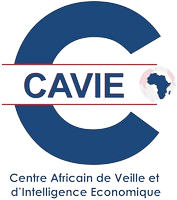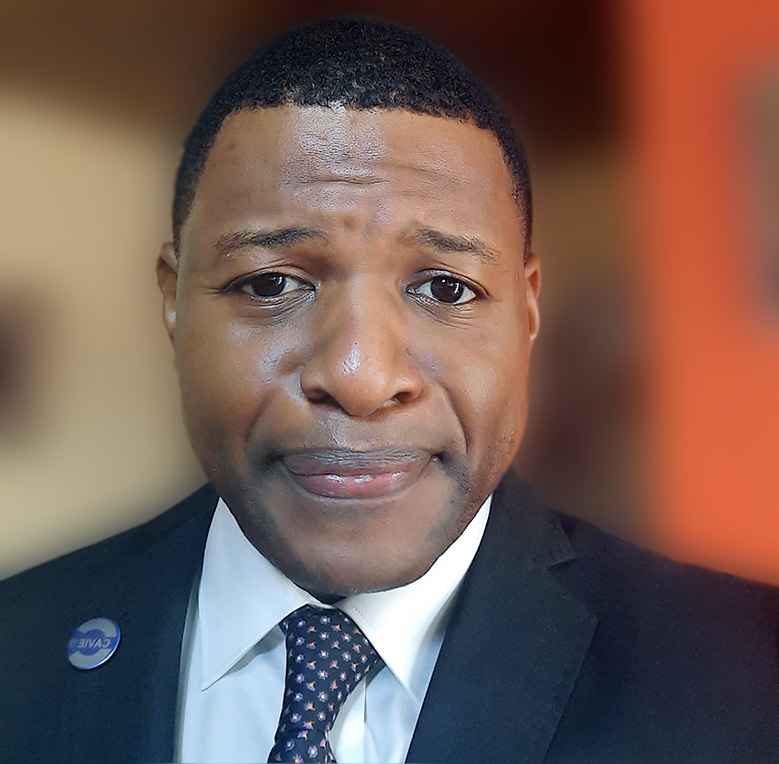Dr. Guy Gweth: “How Africa can combine hard, smart, and soft power”
[ACCI-CAVIE] In this exclusive interview with Camer.be, the president of the African Center for Competitive Intelligence applies the pursuit of power to a developing country. In a candid conversation, Dr. Guy Gweth explains why Africa is ready to combine hard power, soft power, and smart power, relying on #Puissance237 which he is piloting for the state of Cameroon.
Dr. Guy Gweth: Puissance237 or Cameroon’s regional power strategy is important for several reasons. Taking the case of trade, which has brought us together in recent days, Puissance237 aims to reduce our dependence on foreign markets, diversify our economy, increase our negotiating power, strengthen national security, and enhance Cameroon’s image. While structural inflation is a major challenge for our country, it is possible to build a regional power strategy in such a context.
Furthermore, at this stage of the national consultation, the analysis of the African Centre for Competitive Intelligence (ACCI) shows that combating structural inflation requires the adoption of concrete and innovative measures to reduce budget deficits, increase agricultural production, improve the competitiveness of local businesses, invest in infrastructure development and local human capital to stimulate economic growth and boost job creation.
This is evidence that the construction of a regional power strategy must be a participatory and inclusive process, with the ACCI consulting all stakeholders, including the private sector and civil society. Finally, it should be noted that Puissance237 is a long-term project that aims to elevate Cameroon to the top of Africa by 2035, with the understanding that even if we don’t reach the moon, we will at least land upon the stars.
You invited the press on the 16th of January to define the prospects for influence at the African level. What is your opinion of the current press in Cameroon, which is often described as destitute?
If we consider the initial findings of this national consultation regarding the media, I can say without hesitation that the Cameroonian press faces numerous challenges, one of the main ones being the destitution you mentioned. It is a major problem that affects the independence and quality of the disseminated information.
In addition, there is a lack of freedom and professionalism. The lack of professionalism translates into the absence of adequate training of journalists, diligence in information processing, and systematic fact-checking before presenting information to the audience.
We must also consider political interference, which limits press freedom and the right to information. All these factors imply that our media outlets have not fully played their role as the fourth estate and power-check. However, despite these alarming observations, it is clear that Cameroon has many talented, conscientious, and courageous journalists who do important work in providing information and raising awareness on a daily basis. It is these journalists who make our press pivotal to democracy and a lever of power for Cameroon.
Will the question of competitive and strategic intelligence necessarily be addressed in this regional power strategy in Cameroon?
Facing intensified competition in the international arena, competitive and strategic intelligence (CSI) are both survival and power tools. They help quickly understand the national and international environment, identify threats and opportunities, and anticipate changes and crises. CSI helps determine priorities and actions to enhance Cameroon’s competitiveness, implement effective public policies, and protect our country’s interests.
Although Cameroon does not yet have a clear public policy on competitive and strategic intelligence, it is home to the African Centre for Competitive and Intelligence (ACCI). The country benefits from its expertise, for example, in the construction of Pussance237. Nonetheless, there is still much to be done. Cameroon needs to strengthen its capacity for collecting and analyzing economic information, develop a culture of competitive and strategic intelligence within public administrations and businesses, and establish a national system for competitive and strategic intelligence.
In summary, competitive and strategic intelligence are essential tools for constructing a power strategy in Cameroon. And because they precede power, a dedicated strategy can only promote a better integration of competitive and strategic intelligence in public discourse, public policies, public-private dialogue, and education.
Do you think the ruling order in Cameroon can pay attention to this strategy?
The government’s attention to a power strategy led by the ACCI is guaranteed by the involvement of public authorities. It is the full implementation of its recommendations that needs to be monitored. I would like to remind you that the State of Cameroon has already expressed its interest in the question of power through the SND30. As the ACCI is a recognized center of expertise and its work on competitive and strategic intelligence is appreciated by decision-makers, the consultation it pilots is bound to attract their attention.
However, there are potential and significant obstacles. Among them is resistance to change. The implementation of a power strategy can disrupt established interests and encounter resistance. We are prepared for it. There is also the issue of mistrust, where some actors may perceive Puissance237 as a threat to their interests. We are sensitizing them. When we examine all these risks, it would clearly appear that the success of this co-construction will depend on the ability of ACCI lobbyists to convince stakeholders of the extreme utility of a power strategy in a global context of hyper-competition.
You often talk about hard power, soft power, and smart power. Can you provide a simplified explanation of these concepts and tell us how Africa can harness them to position itself in the world stage where great powers dictate their laws and constrain others to follow?
From the perspective of the African Centre for Competitive Intelligence (ACCI), hard power is the ability of a country to influence others through military, economic, or technological force. Africa can develop its hard power by strengthening its armed forces, industry, economy, and infrastructure.
The ACCI views soft power as the ability to influence through cultural attractiveness, values, and ideals. Africa can cultivate its soft power by confidently promoting its culture, values, and ideals around the world. Our continent has great potential for soft power. Its diverse culture, intrinsic solidarity, and demographic dynamism can increase its influence on the international stage.
Finally, the ACCI describes smart power as the intelligent combination of hard power and soft power to maximize the influence of an entity. Now more than ever, Africa is in a position to combine hard power and soft power to maximize its influence and make its voice heard more strongly among the nations.
*Guy Gweth holds a doctorate in Public Affairs, specializing in competitive and strategic intelligence. A former student of the l’Ecole de guerre économique de Paris, he has been directing the Doing Business in Africa program at Centrale Supélec and the EM Business School in Lyon for 12 years. As the founder of Knowdys Consulting Group, he is the current president of the African Centre for Competitive Intelligence (ACCI). With several books published, he spearheads the inclusive national consultation Puissance237.


